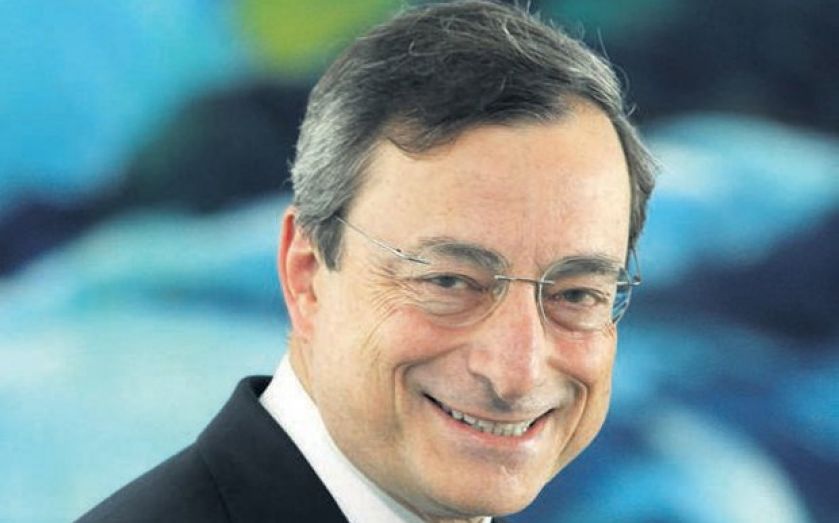| Updated:
CNBC Comment: Portugal’s banking crisis sends it back to cloud cuckoo land

Can it be three years since I was last in Cloud Cuckoo Land – sorry, I mean Portugal – talking about the fundamentals in one of the former problem children of the European debt crisis? It seems to have flown by. It’s good to know, though, that last week’s risk hiccup over a medium-sized bank that few of us know much about isn’t about to bring the whole of Europe crashing back to its knees, after so much has been done to “solve” the debt crisis.
Banco Espirito Santo, it seems, is okay. It’s the bank’s convoluted, Luxembourg-based family owners who have the problem. We were wrong to fear, as markets wobbled globally last Thursday, that this would be the straw that breaks the camel’s back, the canary in the coal mine, and the crack in the dyke that needs plugging with our little pinky.
It’s good to hear that all is well with Portugal, a country that so gloriously came out of its IMF/EU €78bn bailout in May and that there is nothing to see here. That the good news is austerity plans are on track and the deficit will be sub 3 per cent by the end of next year if all goes to plan.
The problem for the minority of sceptics is that the plan is apparently working, but still leaves us with nasty old fundamentals. Portuguese unemployment is circa 15 per cent, banks have some of the lowest returns on equity, and growth was non-existent in the first quarter of 2014. Debt, both public and private, is stunningly large. Private non-financial companies have nearly double the debts of the public sector, with the latter coming in at over 130 per cent debt-to-GDP, according to bears such as David Salanic, founder of Tortus Capital.
In fact, speaking to Salanic yesterday, a man who has been called a “lonely bear”, he believes an ultimate restructuring of Portugal’s national debt could see a 70 per cent drop in value. Now, Salanic has been wrong so far with that short trade, but why, given the fundamentals?
You, of course, know the answer. It lies in the same reason we are worried about all risk asset valuations, and the same reason savers can’t earn a penny on their deposits. We are awash with cheap money. That and Mario Draghi’s promise to do whatever it takes to prop up Europe.
This has led to valuations and volatility only pricing in a one-way bet for years, regardless of the horrible underlying economics of Portugal and the rest of the problem countries. Problem countries that include one or two more states that have not been tested by bond vigilantes to date.
So was Banco Espirito Santo’s wobble last week an isolated incident, a mere aberration in the recovery story of Europe? Well, I guess it depends on what planet you are living on.
Steve Sedgwick is anchor on CNBC’s Squawk Box Europe.
